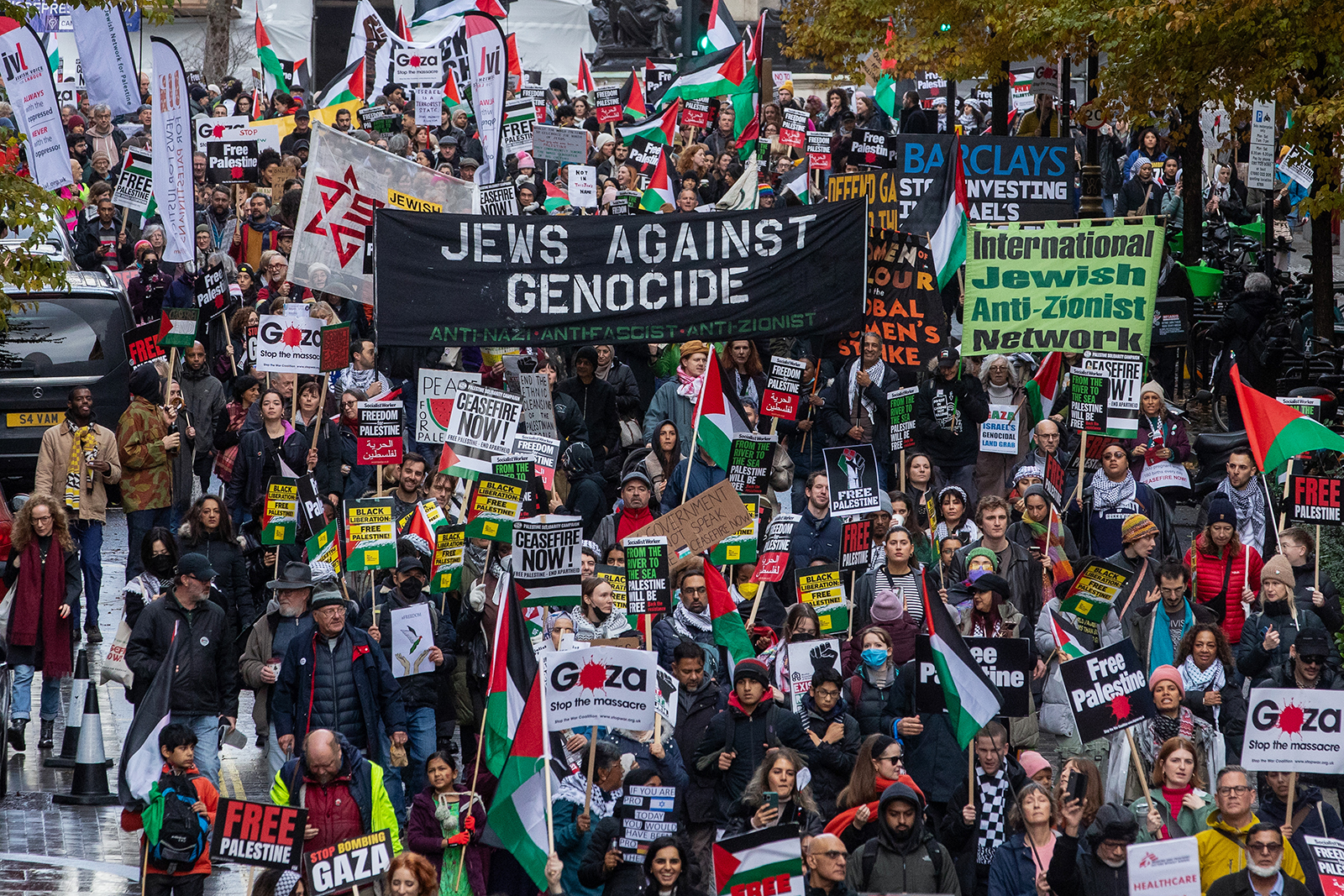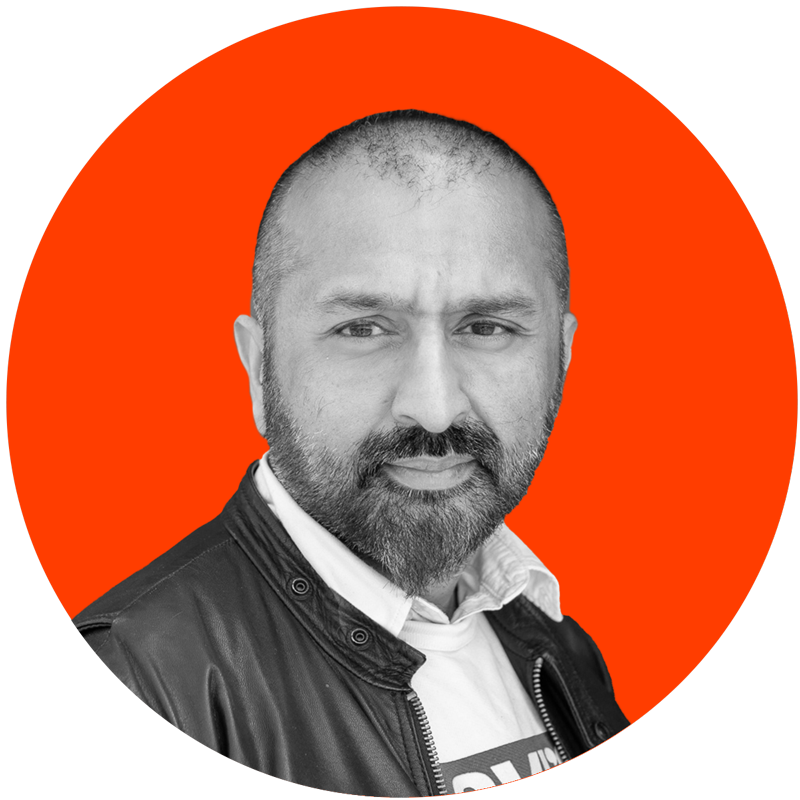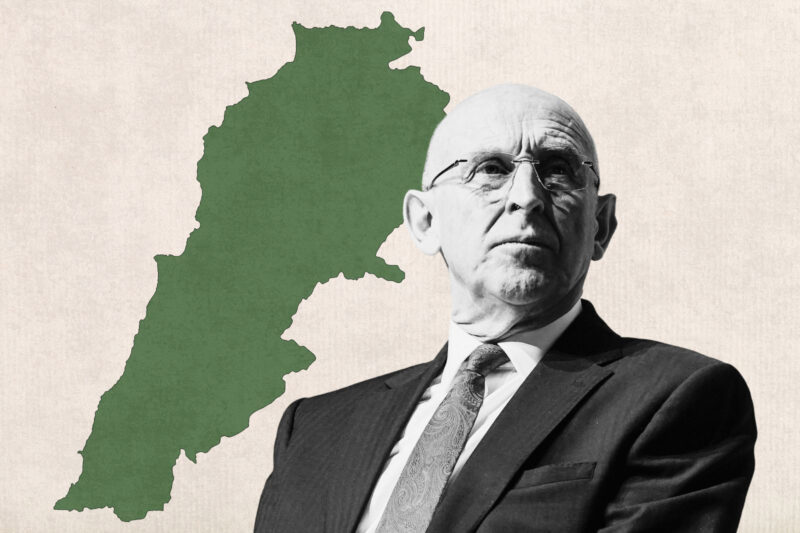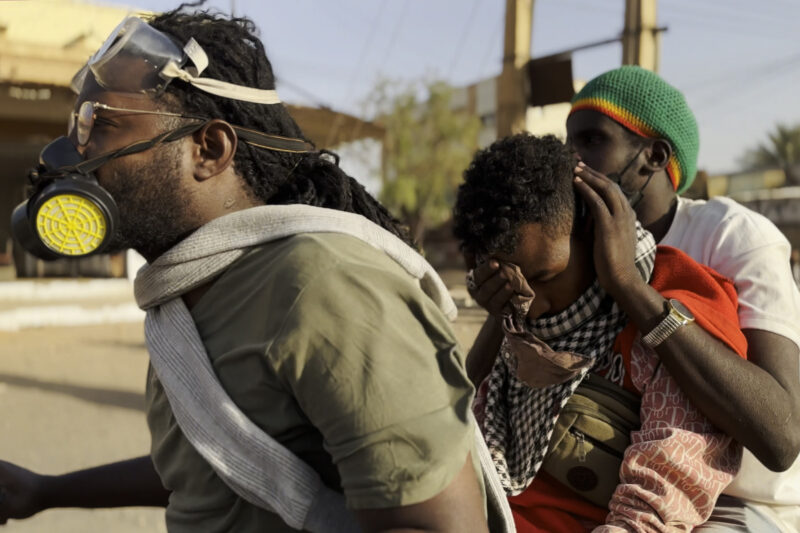Editor’s view: what a year of war in Gaza has taught us about Britain
The death toll in the Middle East has highlighted a double standard in how the west engages with Israel and Palestine. At home, it has caused Muslims and non-Muslims alike to question how democracy functions

On the first anniversary of the horrific events of 7 October and the commencement of a devastating war that has killed at least 42,000 Gazans — the actual death toll is likely to be higher — there appears to be no end in sight for a conflict spreading across the Middle East.
There is little doubt that Gaza, where an estimated 1.9 million Palestinians have been displaced, has become the most polarising political issue in the west in decades. In the UK, we have seen a fracturing of politics and community cohesion on all fronts. Our streets and universities have been roiled by hundreds of thousands of protestors demonstrating against the rising death toll. Public events such as music festivals and art openings have been cancelled by boycotts or accusations of bias.
Events in Gaza have informed much of Hyphen’s journalism in the past 12 months. We have sought to speak to politicians, religious leaders and those affected by the violence, and to work with Muslims and non-Muslims on stories that give light to under-reported areas of the conflict.
Much of our output has focused on politics and protest, but it has been hard to overlook the fact that some faith groups have found it difficult to discuss the conflict. While some Jews and Muslims continue to think of each other as allies, contacts who work in these spaces have also reported an uneasy silence from some members in their networks. This breakdown is perhaps best visible in the rancour of online spaces. The effort to repair these relationships will continue long after the conflict is over.
There has also been a worrying deterioration in religious tolerance in a country that prides itself on acceptance. The Metropolitan police in London recorded a 286% rise in antisemitic hate crime from September 2023 to August 2024, compared with the same period last year, and a 67% increase in anti-Muslim hate crime in the same period. Much work needs to be done both on the ground and on digital platforms to eradicate religious hatred.
At the same time, a failure of politics — from Rishi Sunak’s unwavering support of Israel to Keir Starmer’s claim that Israel “has the right” to withhold power and water from Gazans — has been felt at a national level with millions of people taking part in pro-Palestine marches around the UK.
Unsurprisingly, the Middle East played an outsized role in this summer’s UK election. Labour may have won the largest majority of any party since 1997, but voters were not energised by its promise of more cuts to essential services. The election saw the lowest turnout by share of the population since universal suffrage with only 52% of people voting in 2024, compared to 67% in 2019.
This decline can only be partly attributed to voter dissatisfaction. National anger at Labour’s position on Gaza was a galvanising force for many voters. Just over twice as many independent candidates stood in the 2024 general election than in 2019, according to the House of Commons library, and five won previously-held Labour seats on explicitly pro-Palestine platforms.
There have also been institutional failures across Europe. The EU and its 27 member states have ignored concerns about the rising death toll in Gaza. While the bloc has fallen far short of any serious attempt to pressure Israel into a ceasefire, too many European governments have placed restrictions on people’s right to protest against Israel’s military aggression and too many EU politicians have been too quick to equate any criticism of Israel’s actions with antisemitism.
These actions are increasingly at odds with the majority opinions of ordinary citizens. According to a poll conducted by YouGov on behalf of the Palestine Institute of Public Diplomacy, a non-governmental independent organisation, at least half of people of voting age in Germany, France, Italy, Belgium and Sweden support a ban on arms trade with Israel. The possibility of sanctions against Israel also largely meets approval in the same countries, as does the idea of prosecuting Israeli officials for war crimes.
This speaks to a growing frustration with European leaders from voters who feel betrayed by the EU’s claim to be a champion of human rights and an international rules-based order. The dismay at a double standard that has imposed tough sanctions on Russia in light of its invasion of Ukraine but so far refused to take similar action against Benjamin Netanyahu’s government will have political ramifications for years to follow.
Our commitment to delivering nuanced and unbiased journalism is fundamental to Hyphen. In the weeks and months ahead, our journalists will continue to interview politicians, community leaders and ordinary people about how Gaza is reshaping their lives and the UK and Europe. We hope our coverage helps to inform your worldview — and to build connections across communities.
 Newsletter
Newsletter













